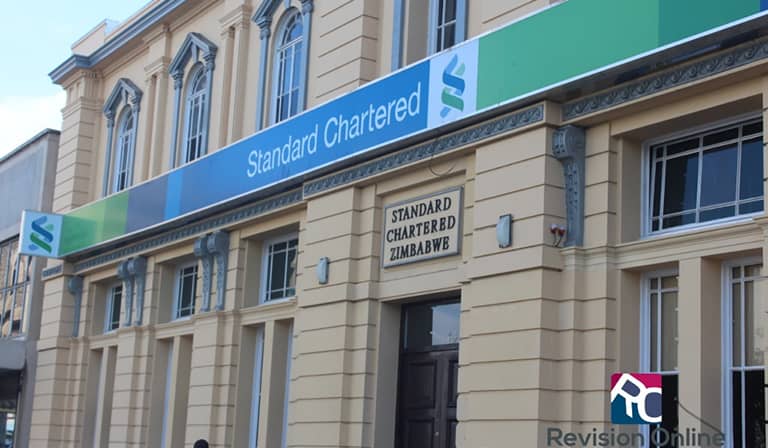Natalie Nyathi,
Business Reporter
Regional and Local investors inclusive of CBZ holdings, FBC holdings, FNB South Africa, South African bank Nedbank through its shareholder Old Mutual Zimbabwe and a Consortium representing Zimbabwean enterprenuers, are in a bid to acquire Standard Chartered Bank Zimbabwe.
The Standard Chartered Bank Zimbabwe (StanChart) is the oldest financial institution in the nation.
Economist Morris Mpala believes that though Standard Chartered’ s departure may be viewed as disinvestment, it may be good for the country in the long run if it is local institutions that will snap up the British bank’s assets.
“This is to be encouraged in as far as these structured deals are concerned from an ownership, skills transfer, capital injection, localized profits and board representation point of view.
“In the sense that local investors bring in local skills that are ideal for the local environment .
Profits to local investors are ring fenced locally without having to pay funds that then exit the country”, he said.
“Local investors are a moral booster for local ownership and locals can be appointed to the company board .
On the other hand, foreign investors bring in requisite international skills set and they also usher in cutting edge technology and are by large have deeper pockets which brings in cheaper and long capital”, said the Bulawayo based economist.
Meanwhile, on the 14th of April 2022, the London-headquartered bank stated that it would withdraw from Angola, Cameroon, the Gambia, Sierra Leone, Zimbabwe, Jordan, and Lebanon in the Middle East and according to reports, the company is completely leaving these markets because StanChart accounted for only 1% of its 2021 revenue.
Bill Winters, the chief executive of Standard Bank, stated in April of last year that the financial institution was streamlining its operations while also narrowing its emphasis on the most significant chances for growth.
StanChart has been existence in Zimbabwe for one hundred and thirty years.
This is not the first time that an international financial institution has exited the Zimbabwean market.


